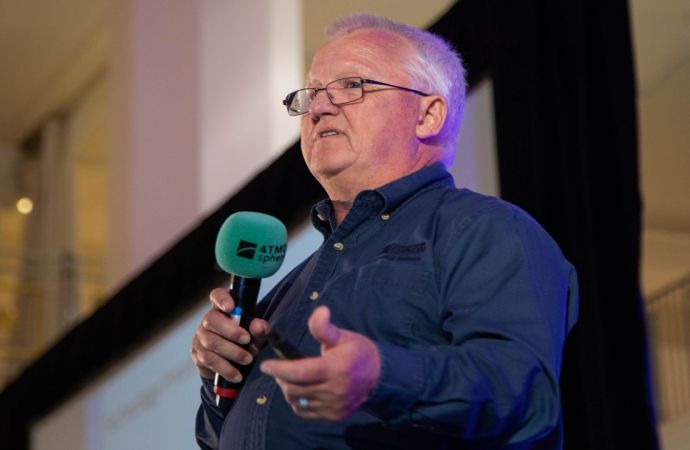At the 25th Meeting of the Parties to the Montreal Protocol (MOP 25) held in October 2013, little progress was made towards addressing HFCs globally. While an increasing number of countries understand the importance and urgency of such action, India maintains its opposition. A small step forward was made when Parties agreed to look closer at the economic costs and environmental benefits of avoiding HFCs.

After the weeklong discussions of the Parties to the Montreal Protocol on 21-25 October in Bangkok, Thailand, expectations on making more pronounced progress in relation to proposed amendments on phasing down HFCs under the Montreal Protocol, were not fulfilled. Nevertheless, Parties were able to build on the small victories of the Open-Ended Working Group meeting in June 2013.
A complete deadlock on discussing HFCs at Montreal Protocol meetings was broken in June 2013, when the Parties for the first time set up a formal discussion group on management of HFCs, in which a more constructive debate on legal, technical and financial aspects of addressing HFCs globally was initiated.
India maintains strong opposition; South Africa agrees to move forward
Despite the recent signals, which might have given an impression that India has moderated its position regarding curbing of HFCs under the Montreal Protocol when it joined the G20 statement endorsing a global phase-down of HFCs using the mechanism of theMontreal Protocol, an Indian representative continued to express strong opposition against such action during the recent meeting.
On a more positive note, several of the developing countries that had been in opposition to action in previous meetings, showed a willingness to move forward. South Africa, for example, a member of the so-called BASIC countries (Brazil, South Africa, India and China) called for setting up a formal contact group to discuss how the problem of HFCs can be addressed under the international treaty. While talks regarding HFCs continued within a discussion group, for a formal decision to be taken at the Montreal Protocol-level an issue first needs to be discussed in a contact group.
Parties decide to study technical, financial and legal aspects of addressing HFCs
Some delegates emphasised that the main outcome of the MOP 25 was the agreement for the Technology and Economic Assessment Panel (TEAP) to start a focused and more in-depth discussion on HFC alternatives. A decision was adopted requesting the TEAP to prepare a report that would:
A complete deadlock on discussing HFCs at Montreal Protocol meetings was broken in June 2013, when the Parties for the first time set up a formal discussion group on management of HFCs, in which a more constructive debate on legal, technical and financial aspects of addressing HFCs globally was initiated.
India maintains strong opposition; South Africa agrees to move forward
Despite the recent signals, which might have given an impression that India has moderated its position regarding curbing of HFCs under the Montreal Protocol when it joined the G20 statement endorsing a global phase-down of HFCs using the mechanism of theMontreal Protocol, an Indian representative continued to express strong opposition against such action during the recent meeting.
On a more positive note, several of the developing countries that had been in opposition to action in previous meetings, showed a willingness to move forward. South Africa, for example, a member of the so-called BASIC countries (Brazil, South Africa, India and China) called for setting up a formal contact group to discuss how the problem of HFCs can be addressed under the international treaty. While talks regarding HFCs continued within a discussion group, for a formal decision to be taken at the Montreal Protocol-level an issue first needs to be discussed in a contact group.
Parties decide to study technical, financial and legal aspects of addressing HFCs
Some delegates emphasised that the main outcome of the MOP 25 was the agreement for the Technology and Economic Assessment Panel (TEAP) to start a focused and more in-depth discussion on HFC alternatives. A decision was adopted requesting the TEAP to prepare a report that would:
- Update information on ODS alternatives, differentiating between Article 5 and non-Article 5 parties and considering regional differences;
- Estimate current and future demand for ODS alternatives;
- Assess the economic costs and implications and environmental benefits of various scenarios of avoiding high-GWP ODS alternatives;
- Convene a workshop in tandem with the 34th Open-Ended Working Group of the Parties to the Montreal Protocol in 2014 to continue discussions on HFC management; and
- Request the Executive Committee of the Multilateral Fund to use the information provided in the report with a view to considering whether additional demonstration projects on low-GWP alternatives and technologies would be useful to HCFC phase-out.
MORE INFORMATION
Related stories



